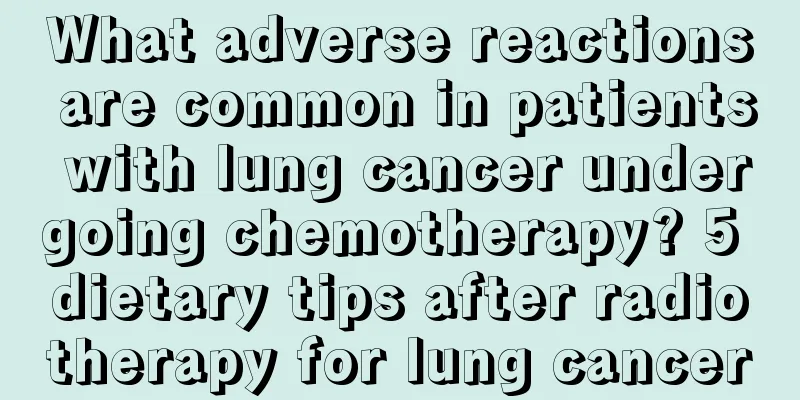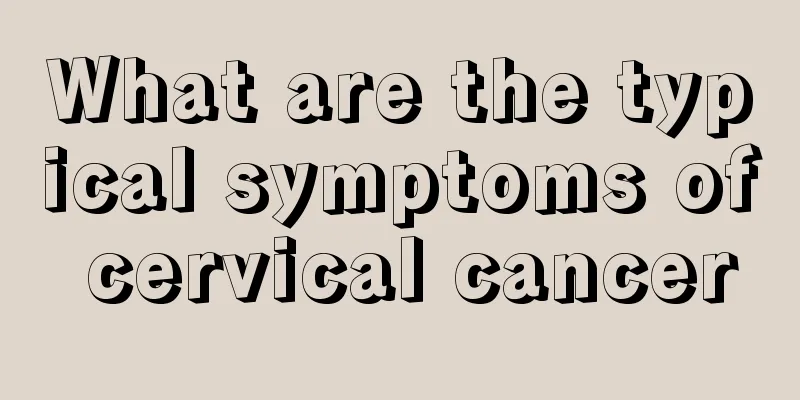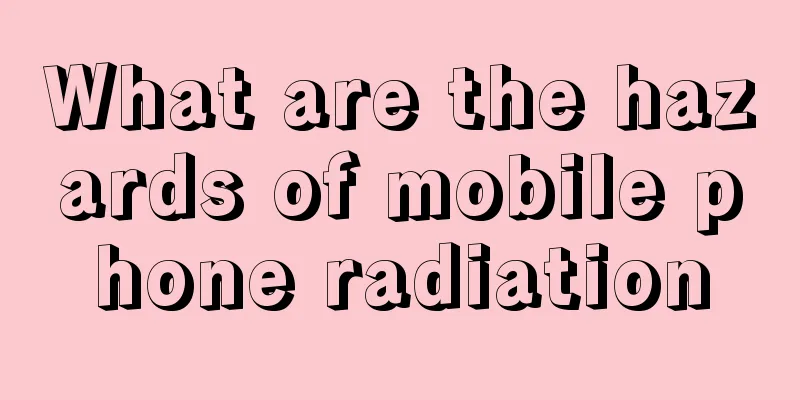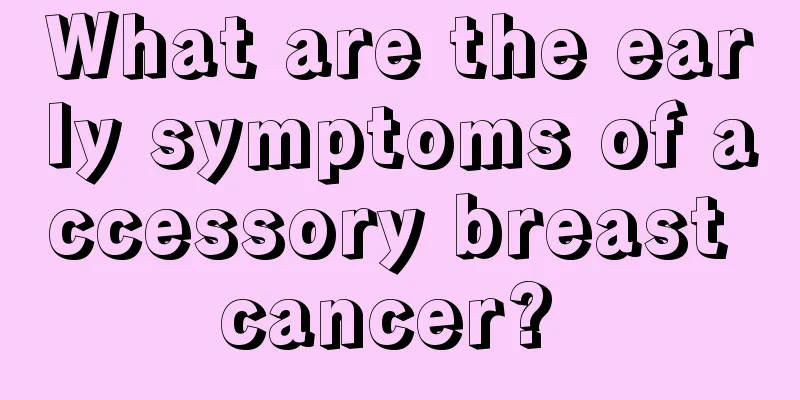What adverse reactions are common in patients with lung cancer undergoing chemotherapy? 5 dietary tips after radiotherapy for lung cancer

|
With the continuous improvement of medical technology, there are many ways to treat lung cancer, including chemotherapy. Chemotherapy can effectively kill cancer cells and inhibit the growth and reproduction of cancer cells. However, chemotherapy may cause some adverse reactions, which can be adjusted through diet. What adverse reactions may lung cancer patients experience after chemotherapy? Common adverse reactions that lung cancer patients experience after chemotherapy include nausea, vomiting, constipation, abdominal distension, diarrhea, thrombocytopenia, hypokalemia, oral ulcers, etc. How to adjust your diet after chemotherapy for lung cancer? 1. Eat light food when you have nausea and vomiting When chemotherapy causes nausea and vomiting, you can eat some light food. It is best not to eat food with strong odor or greasy food. Fresh fruits and vegetables are good choices. In addition, you should also eat small meals frequently and avoid fasting for a long time. 2. Eat more fiber-rich foods when constipation occurs When constipation occurs due to chemotherapy, you should eat more foods rich in fiber, such as vegetables, fruits, bran, red beans, mung beans, etc. If you can combine it with appropriate exercise and abdominal massage, the effect will be even better. 3. Eat foods that promote digestion when bloating occurs If you have abdominal distension after chemotherapy, you can eat more foods that can promote digestion, such as hawthorn, radish, leek, lotus root, etc. If you have diarrhea while having abdominal distension, you can eat some applesauce or radish paste. 4. Eat foods rich in iron and vitamin C if you have anemia If anemia occurs after chemotherapy, you can eat foods rich in iron and vitamins, such as animal liver, tomatoes, kiwis, carrots, grapefruits, etc. If the situation is more serious, you should take iron supplements under the guidance of a doctor. 5. Eat potassium-rich foods when you have hypokalemia When hypokalemia occurs after chemotherapy, you should eat some potassium-rich foods, such as bananas, oranges, winter dates, kiwis, etc. The effect will be better if you can eat foods that can promote potassium absorption, such as kelp, seaweed, lotus seeds, etc. Although lung cancer is a malignant tumor, it can generally be effectively treated if it is detected in the early stages. There are many ways to treat lung cancer, including chemotherapy, radiotherapy, surgery, targeted therapy, etc. No matter which method is used to treat lung cancer, you must actively cooperate with the treatment plan formulated by the doctor and provide careful care. Only by taking a multi-pronged approach can the disease be effectively controlled. |
<<: How to diagnose peripheral lung cancer? 3 tests to diagnose peripheral lung cancer
Recommend
What to do if your tooth hurts
Toothache is a torture for people. There is a say...
Is congenital fingerlessness hereditary?
Not everyone is born 100% perfect. Some people ar...
Is it okay to not want to undergo surgery for thyroid cancer?
If you do not want to undergo surgical treatment ...
What are the painkillers for liver cancer
The pain caused by liver cancer is very painful, ...
Elbow pain when arm is straightened
The importance of the elbow joint is self-evident...
What is the cause of gastroesophageal reflux disease?
Gastroesophageal reflux has a great impact on the...
What kind of disease is fibroid
More and more people mention the name of fibroma,...
What kind of exercise is good for bladder cancer
Everyone knows the benefits of exercise for our b...
What are the benefits of soaking your feet all year round
In fact, foot soaking has many benefits, but with...
Coffee spot treatment
Everyone has a unique mark. In my mother's wo...
Can lung cancer infect children?
Can lung cancer be transmitted to children? After...
Can rectal cancer affect pregnancy?
Can rectal cancer affect pregnancy? Currently, ma...
What is the method to completely cure glioma
Glioma is a terrible brain tumor for people. Afte...
How can thin people gain weight quickly?
It is difficult for fat people to lose weight, bu...
How to change uneven shoulders with one movement
Uneven shoulders are quite common in our daily li...









